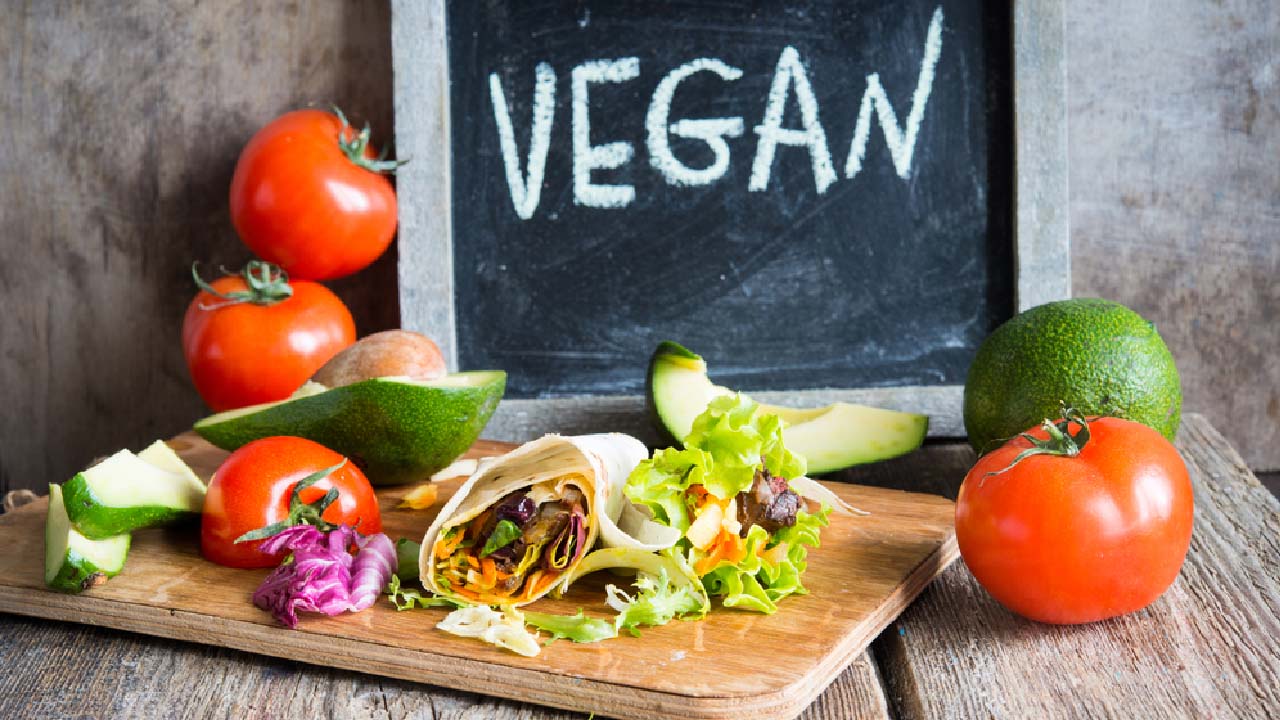If you've thought about trying a vegan diet, you might wonder if this way of eating is right for you. Although you can get some real benefits from going meatless, there are a few challenges, too.
All animal products, such as meat, dairy, and eggs, are prohibited in a vegan or plant-based diet. A vegan diet can be very nourishing, lower the risk of chronic diseases, and help people lose weight when they follow it properly.
Vegan vs. vegetarian
The primary distinction between vegetarians and vegans is that, while vegetarians do not consume meat (including cows, pigs, chicken, and fish), they do consume dairy products, eggs, or both. The vegan diet forbids the consumption of any products containing animal & diary products.
The vegan diet is more restrictive, so people will need to think more about where their nutrients are coming from to ensure that they meet their daily dietary requirements.
Vegan foods
On a vegan diet, you can eat foods made from plants, including:
- Vegetables and fruits
- Legumes like lentils, beans, and peas
- Nuts and seeds
- Pasta, rice, and bread
- Dairy substitutes like almond milk, coconut milk, and soymilk
- Oils from plants
Vegan diets prohibit certain foods
Vegans can't eat any foods made from animals, including:
- Lamb, pork, and other red meats, as well as beef
- Duck, chicken, and other poultry
- Fish or shellfish like clams, mussels, and crabs
- butter and cheese
- Milk, cream, ice cream, and other dairy goods
- Egg yolks are used in mayonnaise,
- Honey
Benefits of veganism
- Lower cancer risk
- Weight loss
- Lower risk of type 2 diabetes
- Reduces risk of heart disease
- Lower Blood Pressure
- Improves Cholesterol level
Risks of being vegan
Although a vegan diet is generally beneficial for health, skipping out on animal protein can deprive you of some essential nutrients like protein, calcium, omega-3 fatty acids, zinc, vitamin B12, and vitamin D. Protein is required to power all of your body's chemical reactions. Calcium helps to strengthen your bones and teeth. Omega-3 fatty acids protect your heart by protecting it from heart disease and stroke. These nutrients are especially important for the growing bodies of children and pregnant women.
Most of these essential nutrients can be found in plant-based foods, such as:
- Protein sources include nuts, soy, beans, and quinoa.
- Calcium sources include soy milk, calcium-fortified orange juice, calcium-fortified tofu, broccoli, kale, and almonds.
- Omega-3 fatty acids can be found in flaxseeds, vegetable oils, and plant-based supplements.
- Iron sources include tofu, soy nuts, spinach, peanut butter, and fortified cereals.
Vitamin B12, which your body uses to make red blood cells and DNA, is one nutrient that cannot be obtained solely from plant sources. You'll only find B12 in animal products. If you go vegan, you may need to take a supplement to compensate for the nutrients you don't get from your diet.
(Disclaimer: The content on this site is for informational purposes only, and should not be taken as professional medical advice. Always seek the guidance of your doctor or other health professionals for any questions you may have regarding your health or a medical condition.)

 Veganism is the strictest form of vegetarianism. Vegans avoid all animal products and byproducts in addition to limiting their consumption of meat. That entails avoiding all dairy products, meat, and eggs.
Veganism is the strictest form of vegetarianism. Vegans avoid all animal products and byproducts in addition to limiting their consumption of meat. That entails avoiding all dairy products, meat, and eggs.




.jpeg)

.jpeg)
.jpeg)
.jpeg)
.jpeg)
.jpeg)
.jpeg)
.jpeg)






.jpeg)



.jpeg)
.jpeg)







.jpg)

